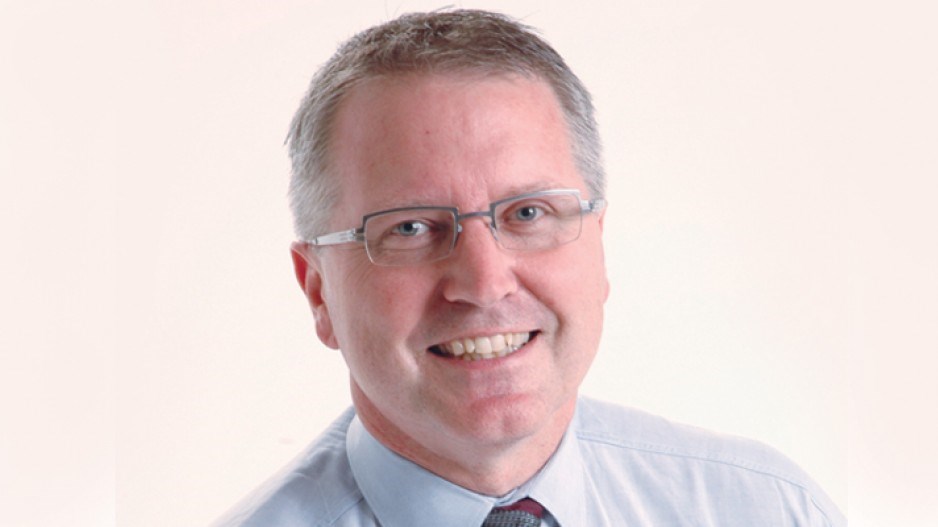Over the course of his long and varied career, David Fushtey has learned to embrace the complicated.
Fushtey was the senior planner for Expo 86, and he still remembers advice from Jim Pattison, who led the Expo 86 Corp.
“Assume nothing,” Fushtey said. “Those are two simple words but they really represent a lot of things. … It affirmed that successful projects are not simple.
“You really need to step back and look at the complexity of problems and not be afraid of them but just accept them.”
Fushtey has since worked extensively on corporate governance with public and private corporations and is a fellow at Simon Fraser University’s Beedie School of Business.
He’s since seen other examples of the “embrace complexity” ethos in action.
“HaiCo, the Haida development corporation on Haida Gwaii, have as their approach that everything matters, and that’s essentially the same as the Expo 86 example, ‘assume nothing,’” he said.
“I experienced the same thing with a Dutch pharmaceutical company that had ‘everything matters’ as part of their corporate slogan.”
Dealing with complicated governance issues has also led him to think a lot about what it takes to truly listen.
“I’m still working on it,” Fushtey said, relating how he recently attended a continuing education course on developing listening skills.
Fushtey’s tips?
“Be present, be focused on who’s talking and the situation you’re in. There are different ways you can help yourself be focused. … It might be taking notes, it might be thinking of questions as the person is talking, but in a way that’s not interfering with what they’re talking about.”
On communicating clearly: “I think the biggest problem is when people speak English and think they understand each other. People in journalism use language quite differently from people in law, who use it differently than people in business, who use it differently from engineers.”




